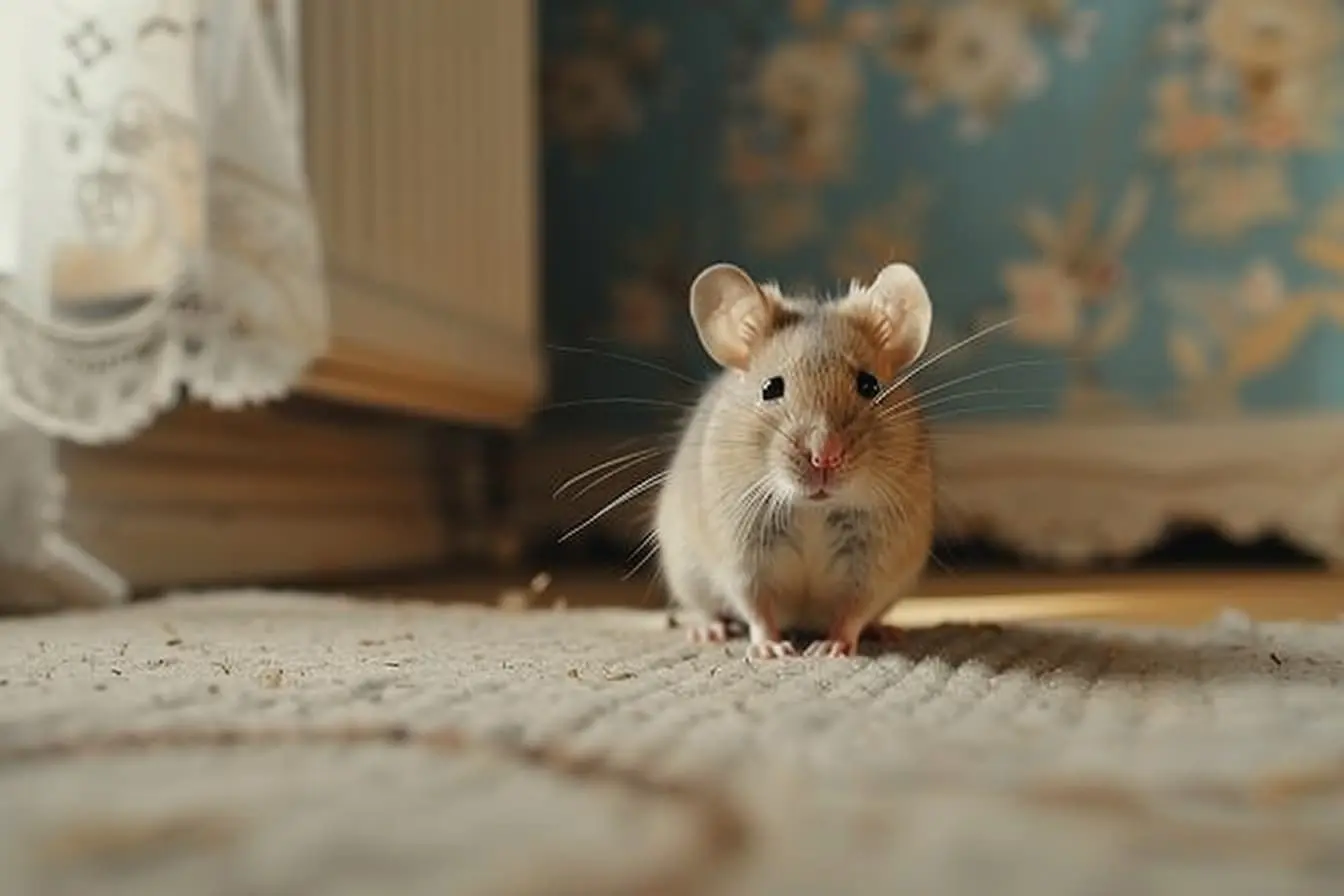
The Top 25 Ferret Care Questions Answered by UK Vets
Ferrets are playful and intelligent pets, but their unique needs often lead to a lot of questions from both prospective and current owners. In the UK, where ferrets have a long history of being both working animals and companions, vets frequently address concerns about their care. Here are the top 25 questions vets are commonly asked, along with comprehensive answers.
Diet and Nutrition
1. What should I feed my ferret? Ferrets are obligate carnivores, requiring a diet high in animal protein and fat. High-quality ferret food or kitten food is suitable, supplemented with raw or cooked meats.
2. Can ferrets eat cat food? Kitten food can be a good alternative due to its high protein content, but adult cat food is not recommended as it lacks the necessary nutrients.
3. How often should I feed my ferret? Ferrets have a fast metabolism and should have access to food and fresh water at all times.
Health Care
4. How often should my ferret see a vet? Annual check-ups are recommended, along with vaccinations against canine distemper and regular flea and worm treatments.
5. Do ferrets need vaccinations? Yes, ferrets should be vaccinated against canine distemper, a disease that is nearly always fatal in ferrets.
6. What are common health problems in ferrets? Adrenal gland disease, insulinoma, and lymphoma are among the most common issues. Early detection through regular vet visits is crucial.
Housing and Environment
7. What type of cage is best for a ferret? A large, multi-level cage with solid flooring, ample space for sleeping and play, and secure latches to prevent escapes.
8. How often should I clean my ferret's cage? Daily spot cleaning with a thorough clean once a week is recommended to maintain hygiene and prevent odors.
9. Can ferrets be kept outdoors? Ferrets are sensitive to heat and cold, so indoor housing is preferred. If housed outdoors, they need a well-insulated and escape-proof shelter.
Behaviour and Socialisation
10. Are ferrets good with children? Ferrets can be great with older children who understand how to handle them gently. Supervision is recommended to ensure the safety of both the child and the ferret.
11. Do ferrets bite? Ferrets can nip, especially when young, but they can be trained not to bite with patience and positive reinforcement.
12. Can ferrets be trained? Yes, ferrets are intelligent and can learn tricks, use a litter tray, and come when called with proper training.
Grooming and Handling
13. How often should I bathe my ferret? Bathing should be limited to once every few months to prevent skin dryness, unless the ferret gets into something particularly messy.
14. Do ferrets shed? Yes, ferrets shed their coat twice a year. Regular brushing can help manage shedding and reduce hairballs.
Nutritional Health Issues
15. Can ferrets become overweight? Yes, particularly if their diet is not properly managed. Regular exercise and a diet high in animal protein can help maintain a healthy weight.
General Care
16. How long do ferrets live? With proper care, ferrets typically live 6 to 8 years, though some may live longer.
17. Can ferrets live with other pets? Ferrets can coexist with cats and dogs that have a calm temperament, but always supervise interactions. They should never be left unsupervised with birds or rodents.
18. What should I do if my ferret escapes? Ferrets are curious and can squeeze through small gaps. Secure the area, check hiding spots, and use treats or toys to lure them back.
19. How can I enrich my ferret's environment? Provide toys, tunnels, and climbing structures. Interact with your ferret daily through play and exploration outside the cage.
20. Do ferrets smell? Ferrets have a natural musky odor. Neutering, regular cleaning of bedding, and a proper diet can minimise the smell.
21. What are signs of stress in ferrets? Signs include hiding, refusal to eat, excessive grooming, and aggressive behaviour. Reducing stressors and providing a secure environment are important.
22. Can I walk my ferret on a lead? Yes, with a harness and lead designed for ferrets. Start training indoors and ensure outdoor areas are safe and escape-proof.
23. How do I know if my ferret is happy? A happy ferret is active, playful, and shows curiosity about its surroundings. Look for a relaxed body posture and willingness to interact.
24. Are ferrets legal to own in the UK? Yes, ferrets are legal to own in the UK, but always check local regulations and requirements.
25. How can I tell the sex of my ferret? Males (hobs) are larger than females (jills) and have a more pronounced scent gland near the base of the tail.
By providing proper care, a balanced diet, and regular veterinary check-ups, you can ensure your ferret leads a happy, healthy life as a beloved member of your family.
Vets near you
Speciality vets
- Aquatics vet specialists
- Birds vet specialists
- Camelids vet specialists
- Cats vet specialists
- Cattle vet specialists
- Deer vet specialists
- Dogs vet specialists
- Equines vet specialists
- Exotic vet specialists
- Goats vet specialists
- Pigs vet specialists
- Poultry vet specialists
- Sheep vet specialists
- Small Mammals vet specialists
- Wild vet specialists
Vet facilities
- Accessible by public transport
- Blood testing
- Car park nearby
- Client car park
- Dentistry
- Diagnostic imaging
- Disabled public access
- Flea and worm treatments
- Microchipping
- Mobile services
- Neutering
- Open at weekends
- Out-of-hours service
- Referral interests
- Referrals only
- Street parking outside
- Toilets available
- Vaccinations



